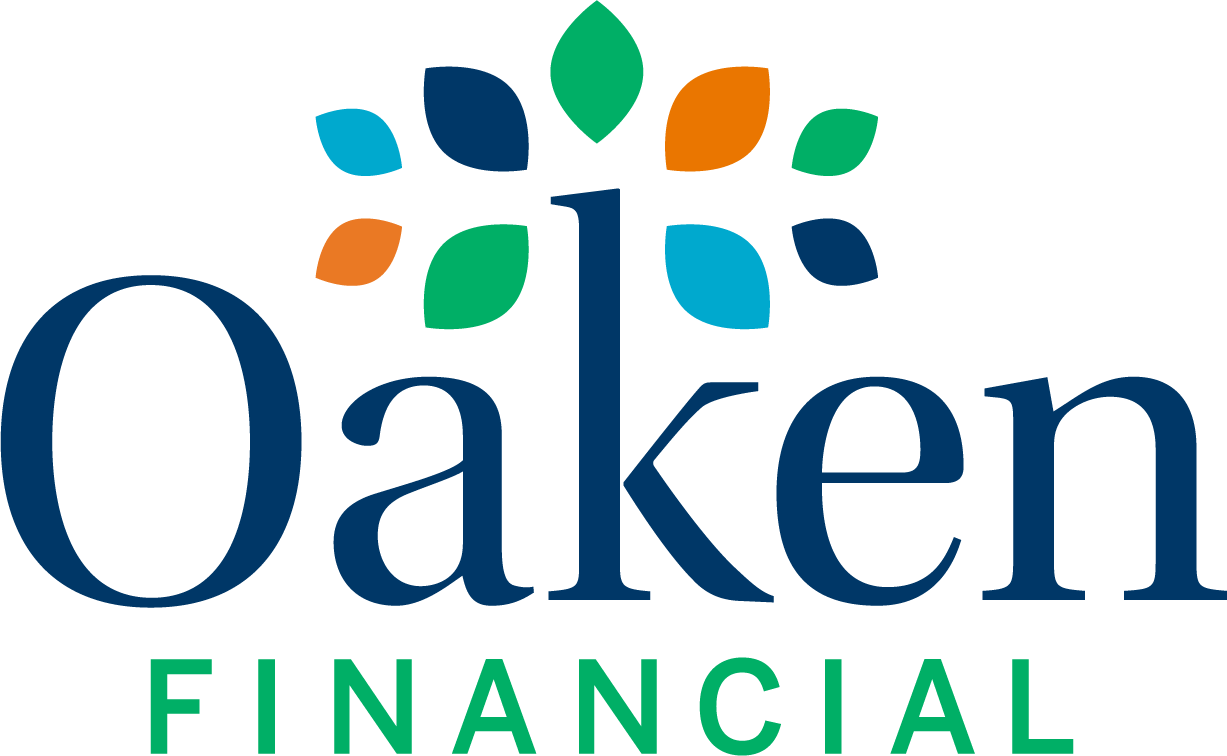Maintaining a good credit score on a low or reduced income can be difficult. While there’s no denying that managing your money can be challenging, there are things you can do to help ensure that your credit score remains in good standing.
Make at least your minimum payments
One of the most significant factors determining your credit score is your payment history, which is why you want to avoid missing any payments. If you read the terms of your credit card, it’ll list precisely how the lender handles missed payments. Generally speaking, two missed payments in a row will instantly see your credit score drop significantly, and your credit interest rate increased.
If you’re struggling with your bills because of reduced income, you should strive to at least make the minimum payment. Although this may increase your credit utilization ratio (the amount of credit you’re using versus how much credit you have available), you’re not actually missing payments. Obviously, this isn’t a long-term solution if you want to get out of debt, but it can help temporarily.
Consolidate debt
Since making just the minimum payment will only buy you time, you’ll likely need to look for a longer-term approach to help you with your debt. One strategy you could try is consolidating your debt with a line of credit. Typically, a line of credit has a lower interest rate than credit cards and by using the line of credit to pay off your outstanding credit card debt, you could see your monthly debt repayment amounts decline.
A low interest credit card may also serve the same purpose. When you apply for a low interest credit card, you may be allowed to perform a balance transfer. This option is beneficial since the transfer usually comes with a promotional rate, such as 0-4% interest for 6-12 months. During that time, you can focus on debt repayment. Once the promotional period ends, you’ll likely still have a lower interest rate than traditional credit cards, which works to your advantage.
Remember, a low interest credit card is still a credit card. If you don’t use it responsibly, you could end up in even more debt.
Check for errors
Regardless of your current financial standing, you should regularly review your credit profile for errors. The easiest way to do this is to check your credit card statements every month (or even weekly). Go through every single transaction listed to ensure that you actually made all the purchases listed on your statement.
This may seem tedious and unnecessary to some people, but what you’re looking for is potential signs of fraud. Thieves sometimes charge small purchases to your accounts first to see if you’ll notice. If these charges go through, they may try to make a larger purchase later. Reporting any suspicious transactions right away will allow you to make adjustments before any more significant problems arise.
It’s also worth ordering your credit report once a year from Equifax or TransUnion. These companies are the two primary credit monitoring agencies in Canada and they can provide a full picture of any open credit accounts under your name. If you see something you don’t recognize, you can investigate and make corrections.
Don’t max out your credit cards
Using your credit cards as your personal ATM is never a good idea. If you abuse your cards when facing financial difficulties, it may be challenging to recover. A better strategy is to cut any unnecessary expenses right away. By doing this, you’ll be able to free up your cash flow.
Avoid additional debt
If you’re trying to reduce your debt, you’re likely eliminating major purchases at this time, but you should also think about smaller purchases and how quickly they can add up. If something is going to cost you $100 or more, ask yourself if you really need it? If you can afford to pay off the entire amount right away, it’s probably not a big deal. That said, if you’re worried about your future income, holding off on large purchases is a sound decision.
Final thoughts
Regardless of your current income level, maintaining a good credit score is in your best interest. By regularly monitoring your credit and avoiding any debt, you can ensure that your credit score is in good standing.



 Saving strategies
Saving strategies